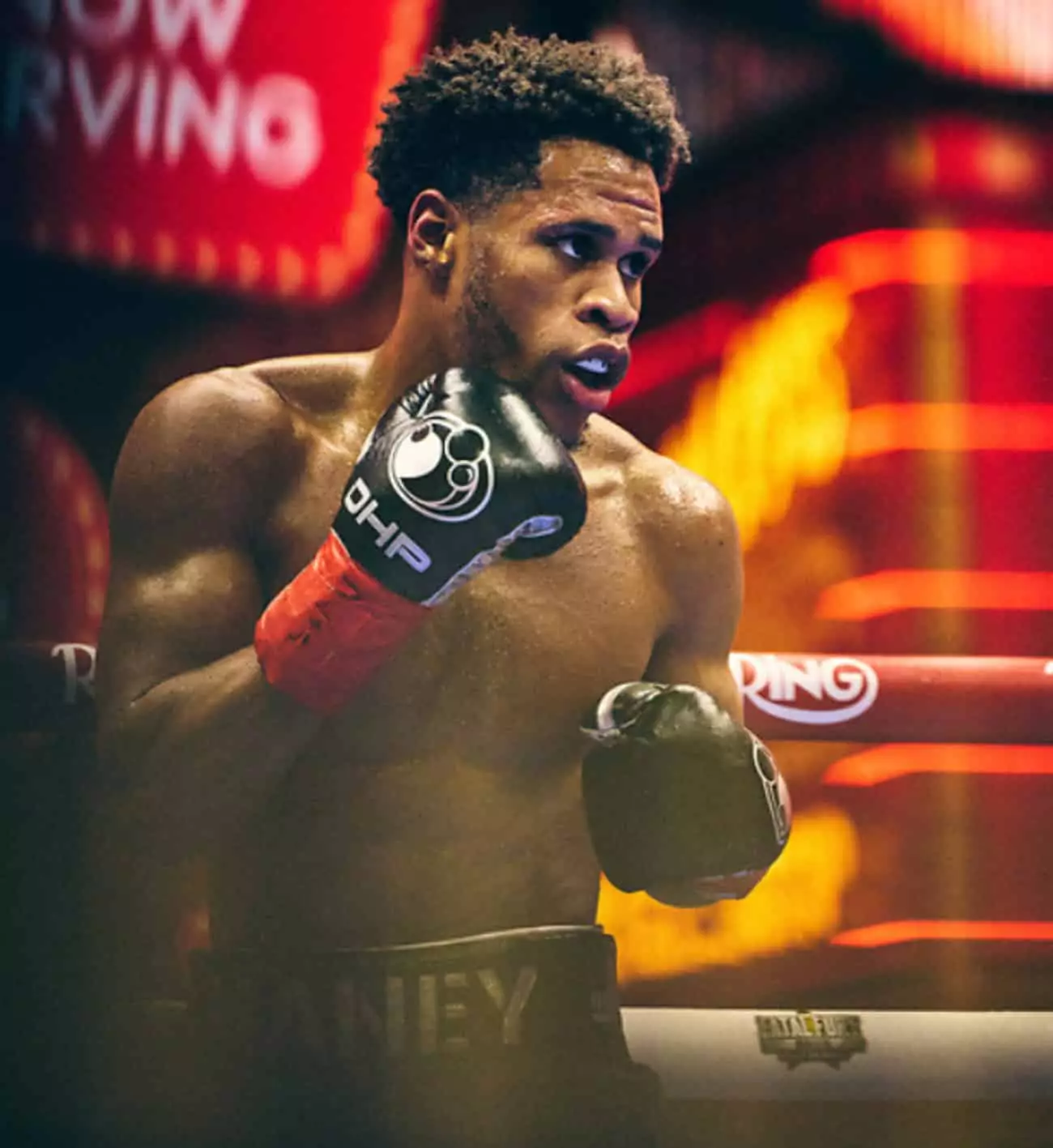In the world of professional boxing, each fight is more than just a matchup; it is a litmus test of resilience, skill, and mental fortitude. Devin Haney, a young and gifted pugilist, recently found himself under an unforgiving spotlight after a less-than-stellar performance against Jose Ramirez. As coach Stephen Edwards articulates, judging Haney solely on this fight may not only be premature but also fundamentally unfair. The complexity of a fighter’s mental state post-trauma—especially concerning experiences like those he encountered in his bout against Ryan Garcia—demands a nuanced understanding. Haney’s recent history complicates the conversation about his capabilities in the ring and raises questions regarding the impact of mental health on athletic performance.
The Weight of Trauma in the Ring
One cannot overlook the severe ramifications of being dropped three times in a single match. This kind of experience often transcends physical injury and can seep into the athlete’s psyche, leaving lingering aftereffects that manifest as anxiety, doubt, or, as Edwards posits, PTSD. The notion that a boxer can simply “shake it off” or return to form without any emotional or psychological consequences is an archaic and dangerous perspective. In an era where mental health is being appropriately highlighted, Edwards urges a reconsideration of what it means to be “fight-ready.”
Should a fighter continue to headline Pay-Per-View events while grappling with such trauma? This is a vital question that fans should ponder deeply. A fighter’s struggles should not be exploited for the monetary gains of promoters. As Edwards aptly points out, the audience paying their hard-earned money deserve a contest that is not just a semblance of competition, but a display of skill and passion commensurate with the price they pay.
Reevaluating the Definition of Success
Given Haney’s history, it is essential to reexamine what success should entail for athletes who are returning from traumatic experiences. Edwards argues that boxing is more than simply a fight outcome; it’s about the entire experience leading up to the match. Preparation, psychological readiness, and the fulfillment of one’s potential are just as important as the fight itself. For Haney, this could mean a gradual re-acclimation to the sport while prioritizing mental health.
Moreover, the expectation of instant success or seamless performance following a rocky period is often misguided. Edwards candidly states that “sometimes it takes a little bit of time.” This reflects an understanding that elite athletes are human, grappling with their fears, anxieties, and the burden of expectations. Thus, providing Haney with the necessary room to recover could yield dividends—not just for him, but for his fans who want to see the boxer at his best.
The Economics of Boxing and Fan Expectations
In the world of professional sports, especially in boxing, finances play an undeniable role. The recent bout with Jose Ramirez presented a significant paycheck for Haney, which, from a business perspective, is a coaching and managerial win. However, the mismatch between financial gain and competitive performance prompts a debate about the ethical responsibilities of both fighters and promoters. If Haney is unable to perform at a high level due to emotional or psychological limitations, should promoters like Turki Alalshikh still place him in high-stakes situations?
Fans investing in Pay-Per-View events do so with certain expectations—they anticipate spectacle and showmanship. When a fighter steps into the ring while not at their optimal capacity, it undermines the very essence of why fans tune in. Edwards puts forth a valid point: If Haney struggles with PTSD or mental burnout, then the prospect of him headlining an event should be reconsidered with the integrity of the sport in mind.
Restoring the Spirit of Boxing
As boxing continues to evolve, part of that evolution includes recognizing the fragility of the human experience. Coaches, promoters, and fans alike must adopt a more holistic view of athletes, recognizing that their struggles extend beyond mere statistics. It is refreshing to see figures like Edwards advocating for patience and understanding in a notoriously cutthroat environment.
In times when the sport fluctuates between spectacle and authenticity, nurturing the mental health of athletes seems critical. Progressive dialogues around recovery, resilience, and long-term well-being must replace outdated paradigms that value performance over people. As the boxing world scrutinizes Haney’s next steps, it is essential to remember that the human spirit is as vital to the sport’s narrative as the physical toughness often celebrated. This shift in perspective could not only enhance the sport’s integrity but also the experience for fans and fighters alike.

